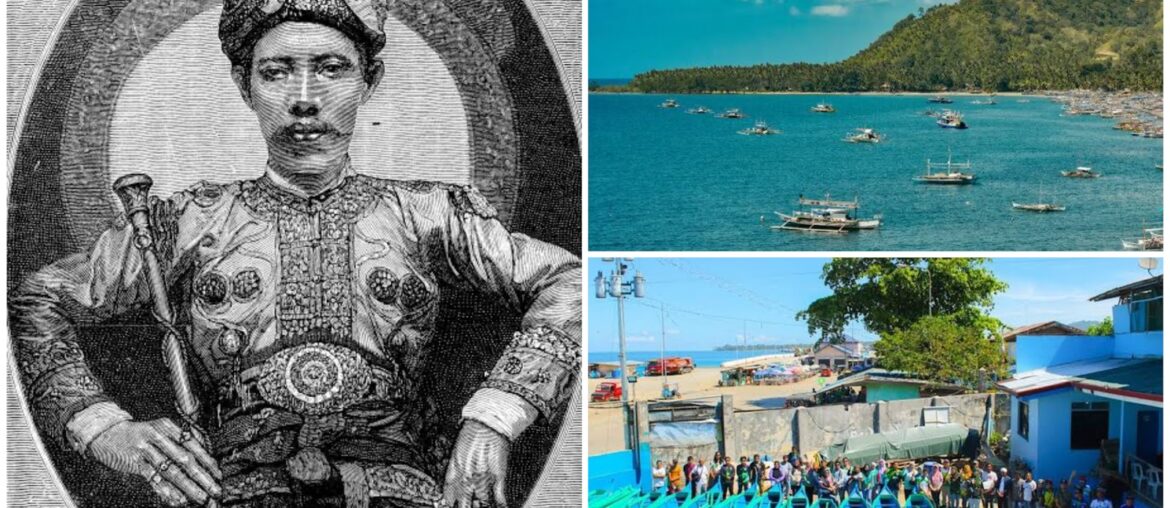The power of Sulu in terms of trading is historically rooted in the Sultanate of Sulu and the maritime area called the Sulu Zone, was among the most vibrant and enduring economic systems in Southeast Asia. Its impact lasted for centuries, linking the southern Philippines to worldwide trade networks and influencing the socio-political dynamics of the region.
Hub of Maritime Trade Power
From the 15th to the 19th century, the Sulu Sultanate emerged as a formidable maritime state, controlling trade routes across the Sulu-Celebes Sea and northern Borneo. Its capital, Jolo, served as a central entrepôt where goods from China, Southeast Asia, and the Middle East were exchanged.
Photo by iStock
The Sultanate’s redistributive economy relied on upland and coastal communities supplying commodities like pearls, bird’s nests, and marine products, which were then traded for arms, textiles, and luxury goods.
Barter Trade & Cross-Border Commerce
Photo by gettyimages
Even today, barter trade remains an important economic practice in the Sulu Archipelago. Goods such as rice, cooking oil, and fuel are imported from Sabah, Malaysia, and exchanged informally across maritime borders. This system operates in a legal gray zone, neither fully formalized nor entirely illicit, and is sustained by a network of traders, boat operators, port workers, and even some state agents.
Photo by Bangsamoro.gov.ph
Despite maritime insecurity and intermittent crackdowns, the trade persists due to strong clan-based networks, local demand, and limited livelihood alternatives. Traders can earn up to ₱1 million per shipment of rice, while state actors may extract “kotong” (informal fees) to facilitate movement.
Legal Reforms & Regional Integration
Executive Order No. 64, which was enacted in 2018, created the Mindanao Barter Council in response to the tenacity of barter commerce. It designated Jolo, Siasi (Sulu), and Bongao (Tawi-Tawi) as legitimate barter ports.
Photo by iStock
In order to better organize and control cross-border trade, efforts are underway to transfer authority to a regional Bangsamoro Barter Council following the establishment of the Bangsamoro Autonomous Region in Muslim Mindanao (BARMM).
Global Connections & Historical Legacy
Global capitalism was closely linked to Sulu’s commercial strength. The Sultanate engaged in trade with Arab, Chinese, and British East India Company merchants in the 18th and 19th centuries. Slaves, pearls, and marine products were exported, and commodities including opium, Indian fabric, and metals were brought into the area.
Photo by Adobe Stock
This economy also included maritime raiding, particularly by Iranun and Balangingi clans, motivated by the necessity to obtain labor for manufacture.
Enduring Influence in the Southern Seas
Sulu’s continued status as a maritime power is evidenced by its historical and modern commercial systems. The region has continuously adjusted to shifting political and economic trends, as seen by the Sultanate’s vital international ties and the robust barter trade networks of today.
Photo by MAFAR-SULU
Photo by iStock
Despite contemporary difficulties, Sulu’s commercial heritage endures, not just in rules and regulations, but also in the regular flow of people and products over its waters, which reflects centuries of survival, cross-cultural interaction, and entrepreneurial spirit.



Comments are closed.